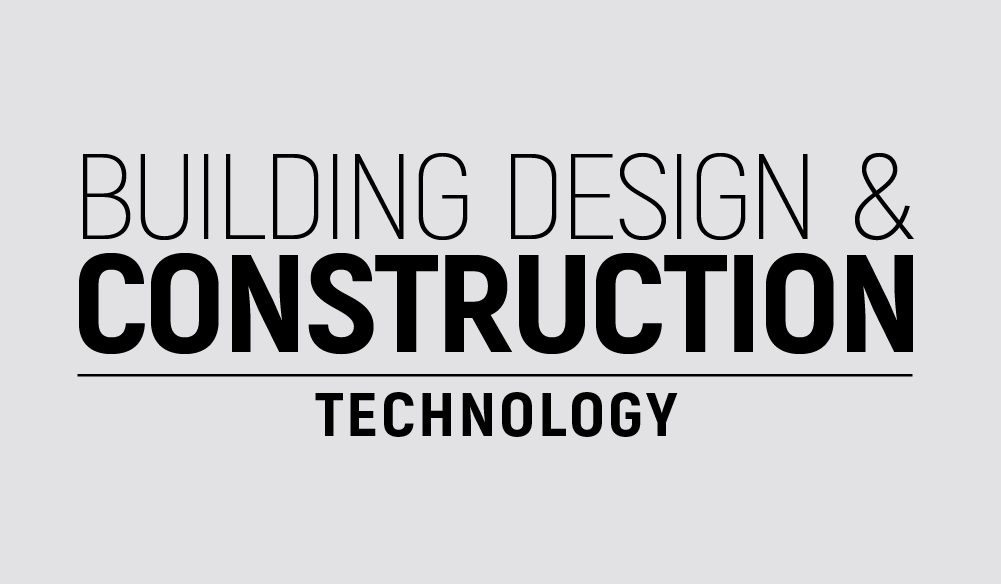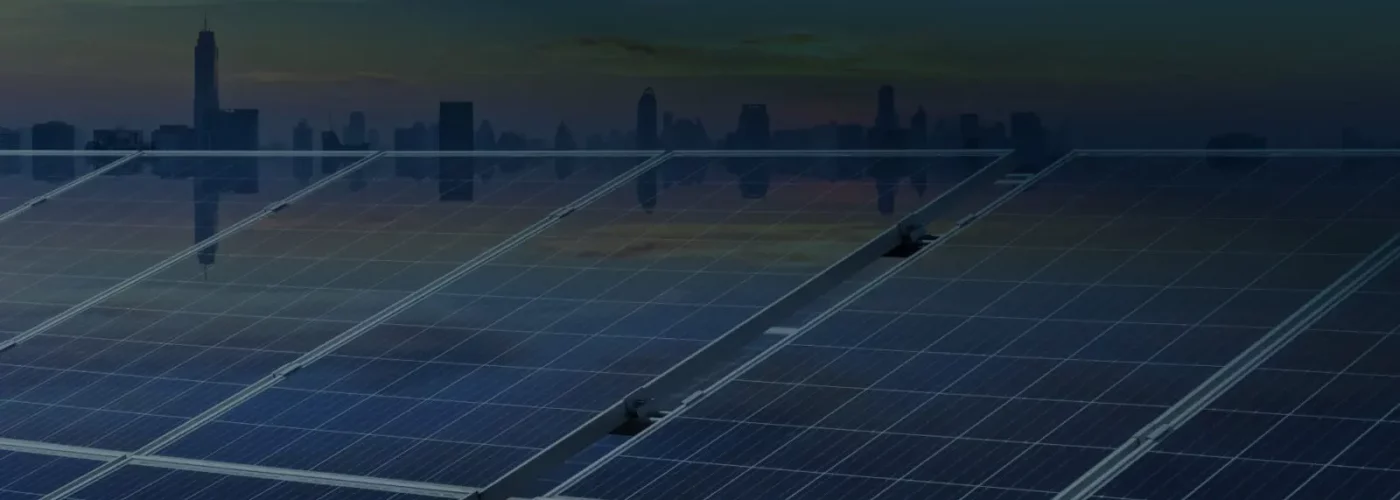With rising pressure to meet sustainability targets, renewable energy consultancy warns asset managers of the risks of third-party solar deals.
Commercial landlords and property managers under pressure to meet sustainability targets are increasingly turning to third party leases that are sold as attractive alternatives for landlords or tenants who don’t have the capital to invest in rooftop solar themselves.

But according to Anthony Maguire, Managing Director at Longevity Power, these deals often aren’t as lucrative as they seem, with many landowners overlooking the potential associated risks.
Third party solar PV agreements involve the provision of a building roof for a solar PV system that is owned by a third party and leased to an asset manager over a set period (typically 20-30 years).
“Tenant demand, a pressing need to reduce emissions, and an increasing lack of grid capacity means that landlords are turning to third-party owned solar PV systems without necessarily knowing what they are signing up to,” said Maguire. “As a result, landlords and tenants become trapped in lengthy and expensive contracts that are even more costly and time-consuming to get out of.”
The recent European Renewables Market Overview Report further highlights the impact of market saturation and grid congestion as hinderances to greater renewable adoption and meeting established sustainability targets. Maguire points to the apparent convenience of the deals as a key reason that so many are turning to them.
“Property managers and landlords typically turn to these types of deals for two reasons,” he explained. “First, an unwillingness to part with the capital due to a sense that they are unlikely to make a good return on investment over the hold period of the asset: second, in some markets, the tax implications associated with a commercial landlord selling electricity preclude them from installing solar.”
“Despite having the best of intentions, asset managers find themselves in contracts that can last more than 20 years and include complex and unclear commercial terms.
“These contracts can often be hugely damaging long-term as they will likely stipulate that the landlord must pay for any loss of income in the event that the system needs to be switched off or disrupted for any period longer than a few days.
“If an entire rooftop has to be replaced, this means potentially compensating the third-party for loss of revenue for several months, which depending on the system size, could run into the hundreds of thousands.
“Withdrawing from a lengthy solar contract is also a famously tall order. Long leases mean landlords often face extremely high buy-out costs, and if an asset needs to be sold, they can lead to a host of added legal costs.
“Signing up to terms without fully understanding the consequences can cause major headaches long-term. This is why it’s vital that asset managers take the time to rigorously analyse the potential financial implications before signing on the dotted line.”
Maguire contends that third party deals aren’t inherently bad but are instead largely misunderstood and can leave some asset managers trapped on a long-term basis.
“Solar leases can be the right solution but it’s important to understand the characteristics of the system, the fund, the market and the tenant when determining whether it works for you.
“If you find yourself in a bad deal you need to review your terms now. Carefully look over the lease to understand your potential financial liability and understand the costs payable at contract-end. It’s crucial that landlords perform a proper tender and rigorously assess the proposed terms of the lease.
“Some contracts have a residual value of zero at the end of the contract whereas others must be bought at fair market value and others might include a renewal obligation. Understand who is liable for the removal of the panels and making good the roof at the end of the contract.”
“The alternative for anyone considering solar PV is the option of investing in a rooftop PV system directly. Owning the system means enjoying the full financial benefits and also having the flexibility to develop the system and surrounding areas over the coming years.
“The landlord also has a greater degree of certainty over the costs associated with future roof works and essential maintenance, and doesn’t have potentially large financial liabilities in the event of a vacancy or a roof replacement. In any case, it’s crucial that landlords have a clear understanding of the long-term implications of undertaking any kind of solar PV installation.
Building, Design & Construction Magazine | The Choice of Industry Professionals





